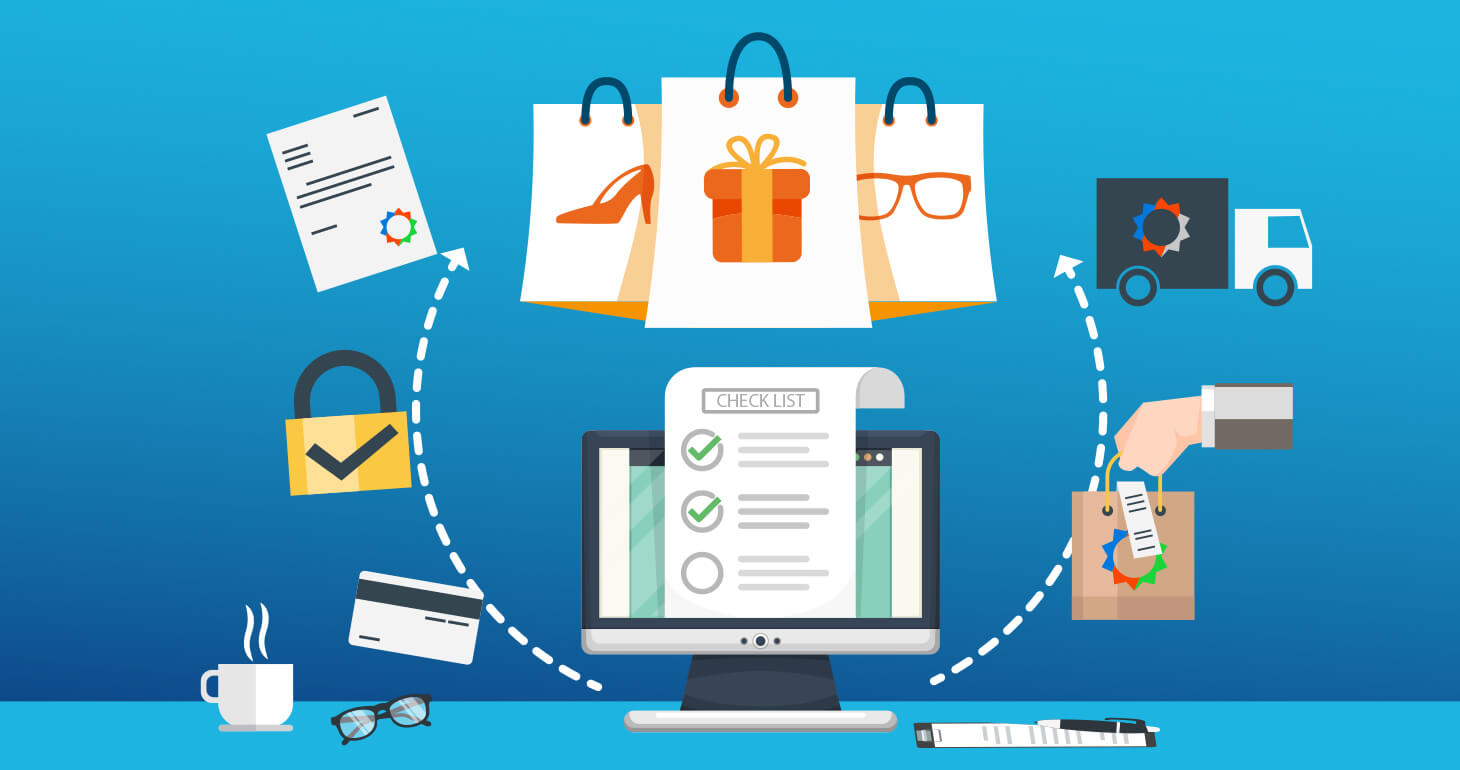It is estimated that the e-commerce space made sales worth more than $3.5 trillion in 2019 alone. It’s projected that these sales will rise to $4.9 trillion by 2021, as more online retail stores open shops. This growth comes as no surprise considering the convenience of online shopping.
With the proliferation of e-commerce sites, there also has been an increase in alternative payment methods – particularly mobile and online payment services. As such, the two markets – e-commerce and fintech payment services, have come to exist in a mutual relationship where the success of one entity is directly proportional to that of the other. While the two have succeeded in giving consumers more control of their purchases by eliminating the need for sales representatives, they both face common struggles that delay their growth.
At the core of these challenges lies data protection, which breeds a slew of other problems, especially with the increasing growth in overseas merchandise volume. For example, a popular online store recently confessed to its customers that their payment information might have been compromised after the retailer’s website was hacked.
Blockchain, an emerging technology centered around data management, offers a superior alternative to the traditional e-commerce facets, eliminating its vulnerabilities and improving confidence in e-commerce.
Blockchain for e-commerce – possible use cases
There are several gaps blockchain technology can fill in the e-commerce market to improve the overall experience of online shopping. Here are some of its use cases:
1. Alternative payment method
Usually, e-commerce sites rely on traditional financial settlements systems such as card and mobile wallet payments that facilitate the release of goods/services after payments have been confirmed. To the consumer, these payments seem instant since goods are delivered almost at the time of sale. But in reality, it takes days or even weeks for a merchant to receive the money.
In this case, virtual currencies powered by blockchain can serve as an alternative payment method, eliminating the need for third-party validators when paying for goods online. A customer can, therefore, spend the accepted crypto coin directly in a transaction, reducing the cost and delays of back-end settlements.
Also, to transact in crypto, all one requires is a wallet address, which doesn’t reveal lots of personal data, as is the case when using mobile card payments. That said, crypto payments, therefore, go a long way into protecting the customers and merchants’ personal data by cryptographically securing peer to peer payments.
Despite the promises of cryptocurrency payments, only a few merchants are eager to accept this new form of payment. For starters, cryptos are viewed as a store of value rather than a medium of exchange, so few are willing to part with them. At the same time, the volatility of digital currencies scares away most merchants as most of them aren’t willing to brave the losses when the value dips. These are indeed legit concerns that should perhaps be solved by the introduction of pegged cryptocurrencies. This way, the pegged crypto will serve as a medium of exchange with a more stable value.
2. Effective supply chain and inventory management
The supply chain is one of the most critical aspects of any enterprise, including e-commerce. For online retailers, it becomes even more complex as they have to track goods, not just from the supplier, but also to the customer upon purchase. On top of it all, the retailers have to keep tabs on their inventory with respect to a product’s expiry date.
Blockchain, in conjunction with electronic tracking tags, can be deployed in the supply chain to help track goods from the supplier until they reach the intended retailer. Every time a product changes hands, the transaction is recorded on the blockchain network, creating an immutable and traceable history of the product from the manufacturer to the point of sale. As e-commerce transaction growth transcends regional borders, tracking data such as the bill of lading for cargo shipments can also be fed into the blockchain network, eliminating the need for lengthy and expensive verification processes. Once a retailer has received the goods, the payment is automatically disbursed to the supplier with the help of smart contracts.
3. Promoting transparency in the marketplace
Transparency in the marketplace increases consumers’ confidence in a retailer. They can have peace of mind knowing that they buy the goods they purchase are up to standards and have passed all the regulatory requirements. A high level of transparency is especially important when purchasing perishable items such as agricultural products as well as fighting against counterfeit goods.
Owing to its decentralized nature, incorporating blockchain into e-commerce transactions will bring transparency among all parties involved, where every party will be aware of even the slightest change in a transaction. In the case of agricultural products, consumers will be able to monitor a product right from the farm to the time it’s available for sale on the retailer’s website. Similarly, a consumer will also be able to ascertain the authenticity of a product, as its manufacturers’ details are recorded on the network.
In the spirit of promoting transparency, Walmart, in partnership with IBM, is currently making use of blockchain technology to create a food traceability system based in Hyperlegder Fabric. The success of this project has incentivized food manufacturers such as Nestle and Unilever to join the retail giant in using blockchain to ensure transparency in the food system.
4. Decentralized Monetization of Data
Every time you make a purchase over the internet, search engines and other big data companies keep information about your purchase. They analyze this data and tailor ads that match your persona.
The introduction of blockchain into e-commerce means that you’ll have more control over whom online retailers share your data with. Now with this control over your own data, third-parties and advertisers will be willing to pay you directly in exchange for your data. Advertisers, on the other hand, will be able to design more accurate buyer’s personas that match one’s interest, instead of relying on vague data.
Conclusion
Blockchain technology creates a massive opportunity for the e-commerce market to iron out inefficiencies ailing the current online shopping space. As a newer technology, it also means that blockchain is positioned to solve unprecedented problems that lie on the horizon of the growing e-commerce market. Online retailers seeking an edge over the competition will, therefore, have to embrace this technology.


